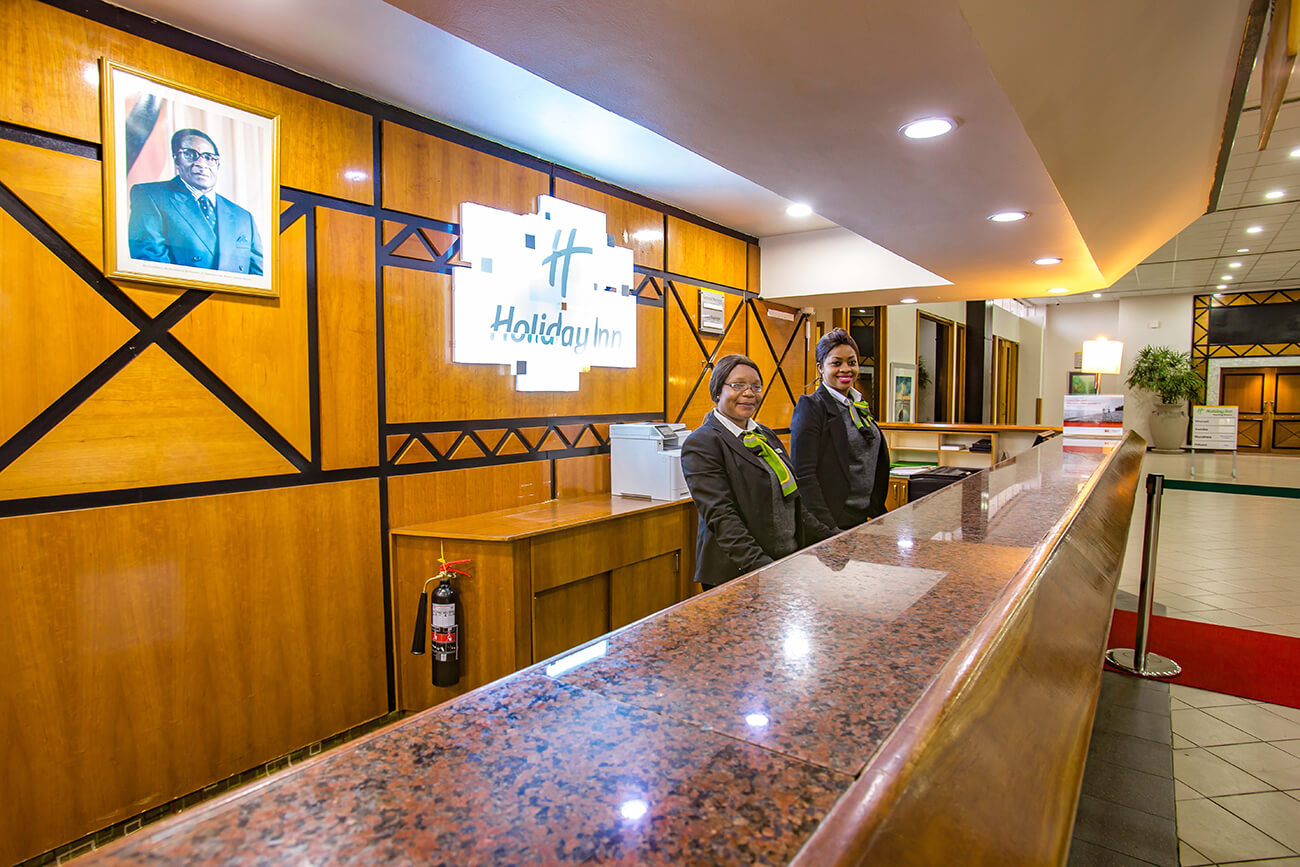The term office was first utilized in 1395 to refer to a specific place where commercial activities are carried out: the "centre." The term"office" has a long history. It is a reference to a specific place in which commercial activity is conducted in the

So, we know that the history behind "official" is much earlier than "officialdom." However, the "college" part is particularly interesting. The word "college" was used in the early days of American English to refer to universities. The term "college" was not used to mean universities in the early English language. It was a broad term that included colleges for other academic disciplines. So, based on this context, the modern administrative office is firmly connected with universities, especially in the United States. It is also less likely that an office like that of accountants was actually established before colleges were common in American life.

The accountant's office therefore, goes back to the beginnings of modern accounting. It seems that the accountants' offices were an answer to the extremely specialization of accounting in the colleges of the day. For instance, accountants were not equipped with information about distribution and production of consumer goods and were therefore very well-adjusted to the demands of farmers. This was the way in which the "official" office was transformed into an accountant.
Accounting professionals were not the only ones who were trained to work in specialized areas. The university education also led to many office positions requiring special skills and abilities. For many years there were no specialized skills needed for jobs in offices. This has been true in some occupations.
Today, office employees are regulated tightly since the entire society is reliant on their business conduct. There is a constant effort to ensure that offices meet modern standards both inside and outside the office. A lot of the rules that govern office conduct are rooted in social structure and management of financial institutions, particularly banking and finance. Thus, you will see the most recent computerized systems for accounting in the financial institutions of government and the stringent regulatory measures that apply to executives of big corporations. They, of course are not as streamlined as the more relaxed self-regulating nature of the office of earlier.
There are a variety of different places where you might come across the phrase "government office" however, most often it refers to financial institutions. The Securities and Exchange Commission is one of them. The body that regulates the market, which was set up by the Securities and Exchange Commission of the United States, is responsible for the oversight of thousands of businesses across the United States that are responsible for activities related to securitizing, trading, or transfer of global currencies. They also are responsible for monitoring the transfer of data related to the global transaction. They are also gatekeepers to financial industry.
Financial regulators are not the only organizations that fall under the aegis of the SEC. 부산오피 The Bureau of Alcohol, Tobacco, and Firearms is a different government agency that handles many financial transactions. The Financial Services Authority is the bank regulator and is the ultimate authority in everything pertaining to banks. A number of government agencies also fall within the purview of the SEC. In actual fact, there are several independent regulatory bodies that monitor the performance of financial regulatory agencies.
You don't have to be in a financial office. You can work for a variety of various government agencies. It's just a matter of searching.
